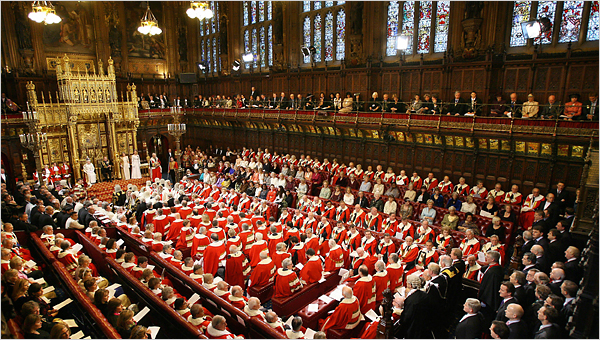It is not the first time discussion arises over whether or not the United Kingdom should issue its digital currency. The House of Lords has scheduled a meeting with the Bank of England to explore the idea of creating BritCoin. As one would come to expect, BritCoin will be issued over a private distributed ledger, and has yet to be developed.
BritCoin Concept Is Very Real
On Tuesday, July 19, 2016, Bank of England deputy governor of monetary policy Ben Broadbent will appear before the House of Lords. To be more precise, he will meet with the economic affairs committee and discuss the feasibility of issuing a national virtual currency. Moreover, they will also consider how this would affect the commercial banks throughout the UK.
A few months ago, Broadbent touched upon the concept of using distributed ledger technology for issuing virtual currency in the future. BritCoin, as this initiative has been dubbed, would let citizens hold virtual currency accounts with the Bank of England. There would be some drawbacks to this concept, though, as it may only be used for retail transfers. Another option worth exploring is whether or not these virtual currency accounts can pay interest.
At the same time, it is important to keep in mind the effect this may have on the commercial banks in the United KKingdom There is a positive side to this idea, as it would reduce mass cash withdrawals if the economy would go through a recession. Since everything would be taken care of in digital format, the impact on banks would be minimal.
Keeping The Consequences In Mind
But there’s a drawback as well, as taking deposits away from banks may not be the best course of action in the long run. Doing so can make it harder for institutions to make loans, and it would force banks to rely even more on wholesale markets. These decisions need to be weighed carefully, and the meeting on Tuesday could be just one of many more to follow in the coming months.
While there is an argument to be made as to how distributed ledger technology can save the banks a lot of money, issuing BritCoin is a different thing entirely. There is a lot of “fleshing out” to do, so to speak. Proposing the idea to issue a national virtual currency is one thing, but such solutions will not see the light of day overnight.
Other experts in the distributed ledger technology industry will make an appearance on Tuesday as well. PwC’s Lord Spens will showcase how DLT can be used in a governmental setting, such as benefit payments and tax collection. Blythe Masters will also share her vision about the risks associated with transitioning to blockchain-based solutions.
Source: Finextra
Header image courtesy of Consented



